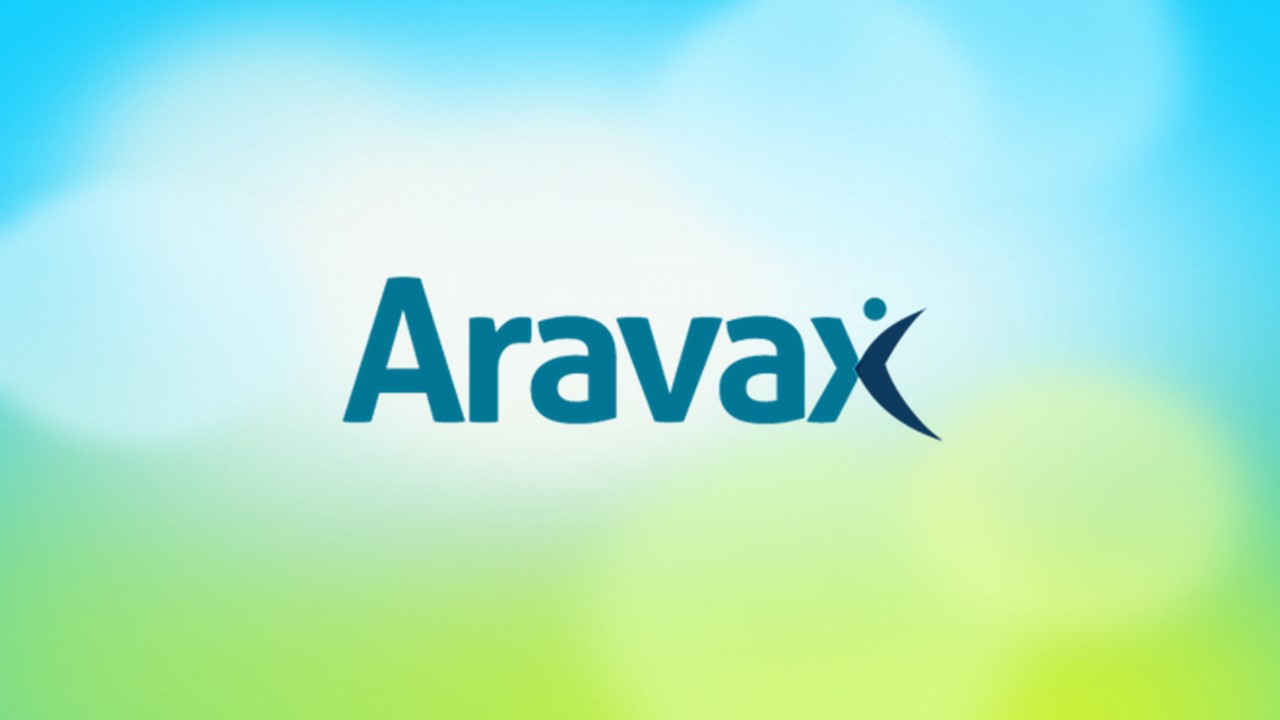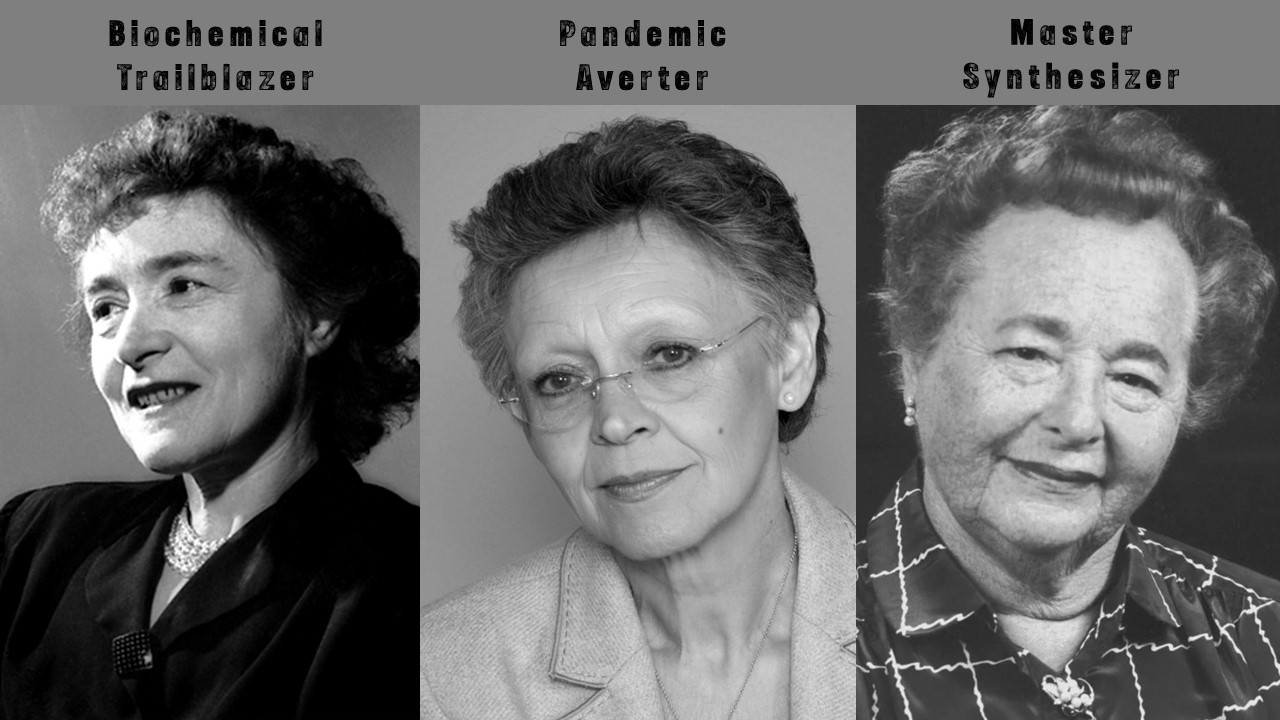
This week in pharmaceutical investments, BioIVT acquires biobank Tissue Solutions in a move to expand its biospecimen collection network and benefit from the increasing number of pharma companies outsourcing for resources. Elsewhere, Pacific Bio acquires biotech Ominome in a $800 million deal in the hopes of becoming a leader in both short-read and long-read sequencing technology.
BioIVT Acquires UK-based Tissue Solutions Ltd
On 19 June 2021, research material service provider BioIVT acquired Tissue Solutions in a move to expand BioIVT’s biospecimen collection network by approximately 150 sites in the US, UK, and Europe, according to a BioIVT press release.
As a globally-recognised biobank, Tissue Solutions was founded on the basis of addressing a gap in the market, obtaining ethically sourced human tissue at a high standard for preclinical studies. In the aforementioned press release, CEO Morag McFarlane emphasises the market presence of the company which is currently serving “more than 200 global pharmaceutical and biotechnology companies and CROs”.
The expansion of BioIVTs operations throughout the UK and Europe will no doubt increase the company’s global reach for clients. With an increasing number of pharma companies outsourcing to CROs and companies like BioIVT, this acquisition could put the company in a strong position competition-wise.
While the transaction proves to be an important part of BioIVT’s development, the deal also appears to be beneficial for Tissue Solutions. As a result of the acquisition, Tissue Solutions will gain access to BioIVT’s extensive portfolio of more than 300,000 biospecimens. The impact of this will theoretically enable the company to offer an even greater range of products and services which can only be beneficial to growth, which has been echoed by the CEO.
Pacific Biosciences to Acquire Ominome in $800 Million Collaboration
Only a few days ago, genomics company Pacific Bio signed a definitive merger agreement to acquire Omniome.
Omniome is a biotechnology company developing a short-read sequencing platform capable of delivering increased sequencing accuracy. The transaction of $800 million is expected to close later this quarter, and will see PacBio become a leader in both short-read and long-read sequencing accuracy. In connection with the proposed agreement, PacBio entered into a definitive agreement to sell approximately 11.2 million shares of common stock in a private investment in public equity.
The collaboration could see PacBio become a stronger presence in the genomics market, as the combined portfolio paves the way to address a diverse set of applications including but not limited to rare disease, animal science and early stage cancer screenings.
According to PacBio’s press release, the acquisition will “build on the deep expertise of the PacBio team…to establish an additional centre of excellence”.
Ominome’s short-read sequencing platform demonstrates potential to advance cancer diagnostics which could see the merger building PacBio’s oncology portfolio, competing with other biotechs which have potentially less accurate sequencing platforms.
EC Begins Investigation of Illumina-Grail Merger Valued at $8B
On Thursday 22 July the European Commission announced it would be broadening its investigations into Illumina’s proposed merger with liquid biopsy firm Grail. The investigation comes from fears regarding the impact of the acquisition on the market of cancer detection tests and the potential monopolisation of sequencing-based diagnostic technology.
The Commission’s competition regulator recently said that the investigation is important “to assess whether the proposed transaction … would threaten the ability of developers of cancer detection tests to effectively compete in this area and bring innovative products to the market.”
Despite llumina standing strong on seeing the deal through, the governing body will be evaluating the effects of the deal including the impact on the development and supply of next-generation sequencing-based cancer detection. One of the main concerns is that Illumina could use the acquisition to undercut competitors and monopolise the market for economic incentive.
The merger, announced in September 2020, is one of the very first to be under investigation as a result of recent changes to guidance about competition review. In a move against the EC, Illumina and Grail have filed a legal challenge to oppose the Commission’s authority to review the acquisition.
The deadline for the Commission’s decision currently stands at 29 November 2020, which potentially leaves a narrow window between the end of the investigation and the deadline for completing the deal, which is December 2021.
Stocks of OraSure Technologies Rise +10% on Nasdaq After A Rumoured Declined Acquisition
Several stories are beginning to emerge inferring that the recent fluctuation in the stock price of diagnostics developer OraSure Technologies arose from a rejection of an acquisition offer from Quidel.
Quidel, a California-based biotech company, is a major manufacturer of diagnostic healthcare products. The company’s efforts in the fight against COVID-19 have not gone unmissed, with the QuickVue At-Home COVID-19 Test receiving EUA (Emergency Use Authorization) with a sensitivity of 85% and specificity of 99%.
Thirteen days ago OraSure also received EUA from the FDA for its COVID-19 rapid antigen tests. Despite some believing the market for antigen tests is shrinking, OraSure Technologies remains positive about the impact of its rapid antigen test known as InteliSwab. The company will be marketing three versions of the InteliSwab – an over-the-counter home test, a professional test and prescription home test.
Whether the recent approval for their antigen test coincided with the rumoured rejection of the Quidel acquisition is not clear.
Charlotte Di Salvo, Lead Medical Writer
PharmaFeatures
Subscribe
to get our
LATEST NEWS
Related Posts

Leadership, Trends & Investments
Aravax Continues International Expansion with Appointment of Aled Williams as Chief Business Officer
Aravax announces the appointment of Alex Williams as Chief Business Officer.

Leadership, Trends & Investments
The Immigrant, The Career-Undecided, and The Supermarket Supervisor-turned-Scientist
Learn more about the 1947, 1988, and 2008 Physiology or Medicine Female Nobel Laureates.













